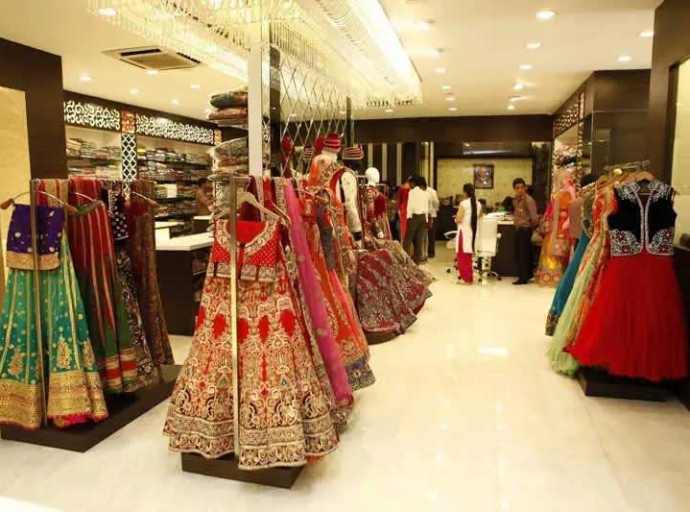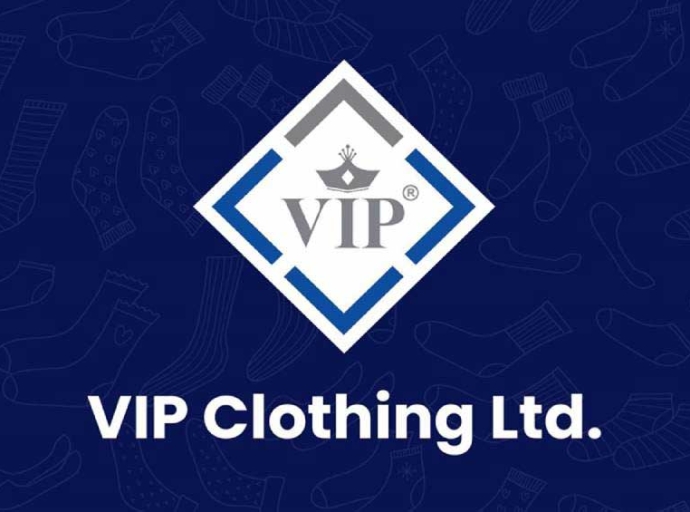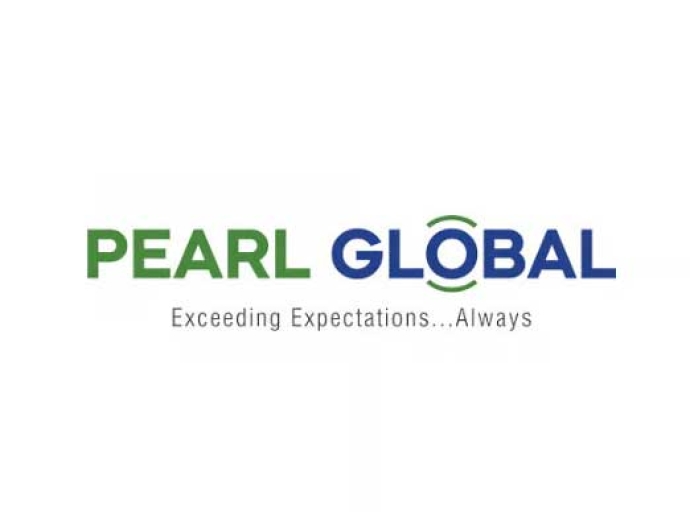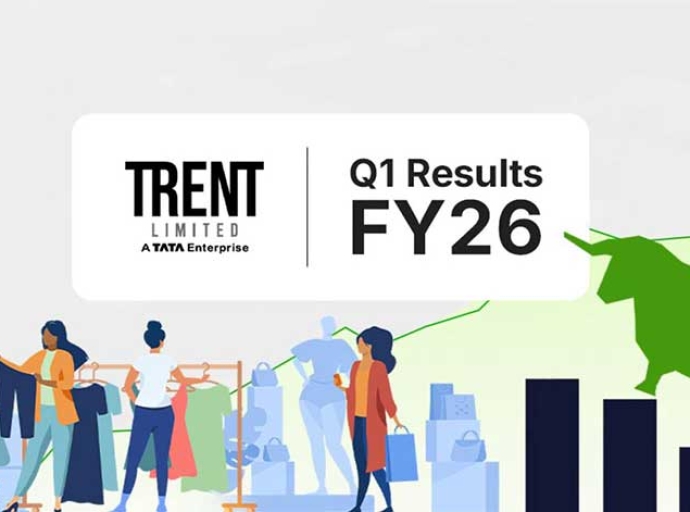11 August 2023, Mumbai
Increased Transparency Requirements
The European Union (EU) has recently adopted new regulations that require apparel brands to be more transparent about their supply chains. These regulations demand comprehensive information about supplier identities, working conditions, and environmental impact.
Hefty Fines for Non-Compliance
Non-compliance with these regulations can result in hefty fines.
This is putting apparel brands under pressure to ensure that their products are ethically sourced and manufactured.
Supply Chain Transparency as a Competitive Advantage
In addition to avoiding fines, supply chain transparency can also provide apparel brands with a competitive advantage.
By having visibility into their supply chains, brands can make better decisions about inventory management, product development, and logistics.
Technology to the Rescue
Technology is playing a key role in helping apparel brands achieve supply chain transparency.
Tools such as production tracking software and digital quality management tools can help brands to monitor their suppliers closely, communicate with them effectively, and establish safeguards to prevent ESG violations.
H&M: A Leader in ESG Performance
Swedish fashion giant H&M is one example of a brand that is using technology to improve its ESG performance.
The company has partnered with the global union federation IndustriALL to improve working conditions in its supply chain.
H&M is also using technology to track its suppliers and monitor their environmental impact.
Other Apparel Brands Making Progress
Other apparel brands are also taking steps to improve their ESG performance. Nike and VF Corp are two industry leaders that have made significant commitments to sustainability.
These companies are investing in renewable energy, reducing their water usage, and using recycled materials in their products.
Guess Sets an Example with Comprehensive ESG Strategy
Lifestyle brand Guess is another brand that is setting an example with its comprehensive ESG strategy.
The company has published a detailed ESG report that outlines its goals and progress in areas such as labor practices, environmental impact, and governance.
China's Role in Improving ESG Standards
China is also playing a role in improving ESG standards in the apparel industry. The country is investing heavily in the textile sector in Ethiopia, which is helping to create jobs and improve working conditions for women.
UK Fashion Retailers Face Scrutiny
The UK fashion industry is also facing scrutiny over its labor practices. A recent ranking by the Alva Group found that there is a wide range of ESG performance among UK fashion retailers. Some brands, such as Primark and Boohoo Group, are lagging behind in areas such as labor practices and safety.
The Future of ESG in the Apparel Industry
The new ESG regulations in the EU are a wake-up call for the apparel industry. Brands that fail to comply with these regulations will face stiff penalties.
However, brands that embrace transparency and sustainability can gain a competitive advantage in the long run.
The ESG regulations in the EU are part of a broader trend of increased scrutiny of the apparel industry.
Consumers are demanding more ethical and sustainable products, and brands are under pressure to meet these demands.
Technology is not a silver bullet for ESG compliance, but it can play a valuable role in helping brands achieve their ESG goals. The ESG regulations in the EU are a challenge for the apparel industry, but they also represent an opportunity.
Brands that can embrace transparency and sustainability can gain a competitive advantage and build a more sustainable future for the industry.
Latest Publications


































